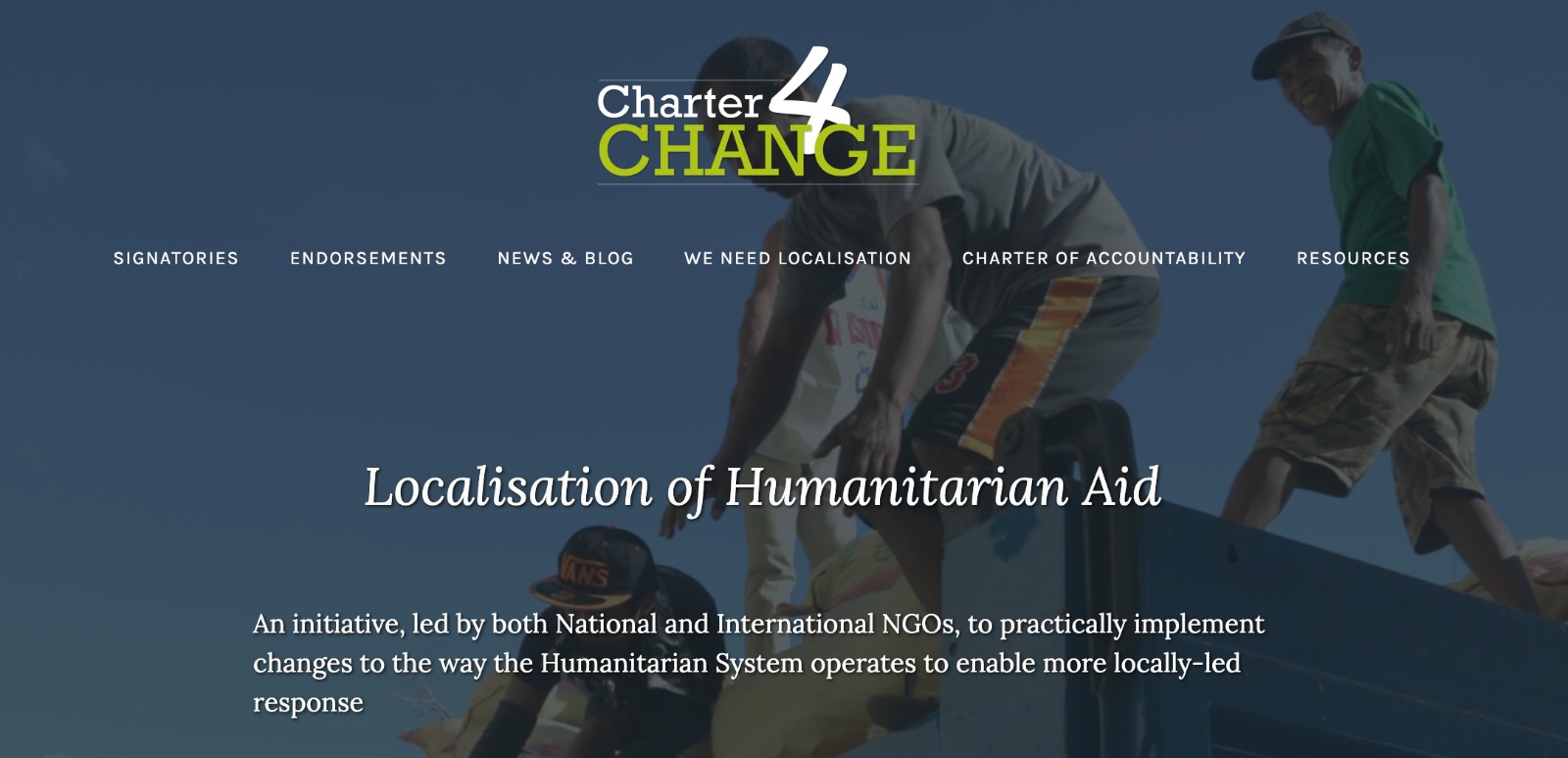Concern Worldwide has joined 43 other international NGOs as a signatory to the Charter for Change, a global initiative designed to shift power and resources closer to crisis-affected communities by strengthening locally led humanitarian response.
The Charter for Change outlines eight key commitments that international NGOs pledge to implement, aiming to address long-standing imbalances and inequalities within the humanitarian system.
Among these is a pledge to ensure that at least 25 percent of humanitarian funding is passed directly to national NGOs (NNGOs), enabling them to take a leading role in responding to emergencies.
Other commitments include reaffirming principles of partnership, promoting equality in decision-making, and addressing subcontracting arrangements that often leave local actors sidelined.
Signatories also pledge to publish the amount or percentage of funding passed on to NNGOs, prevent the negative impact of INGOs recruiting national staff during emergencies, and provide robust organizational support and capacity building for local partners.
The Charter also emphasizes the need to elevate the role of national actors in conversations with donors, as well as promoting their contributions to the media and the public.
By doing so, it seeks to transform the narrative around crisis response, showcasing the expertise and leadership that exists within affected countries.
Concern Worldwide said it is proud to be part of this collective effort to reform the aid system and ensure a more equitable, inclusive, and sustainable humanitarian response.
The organization believes that implementing these commitments will not only build stronger partnerships but also lead to more effective and accountable aid delivery.
The Charter for Change represents a growing consensus within the humanitarian sector: that shifting resources and decision-making power to local actors is essential for addressing crises with the urgency, knowledge, and cultural sensitivity they demand.

